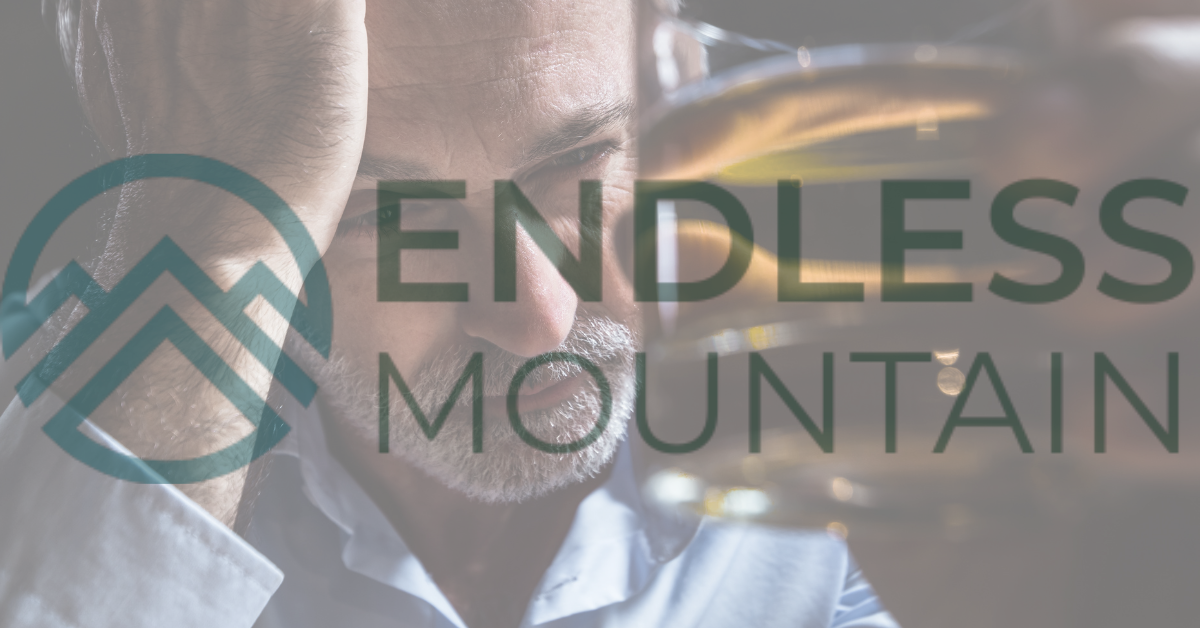What Does HALT Mean in Recovery? A Simple Tool to Prevent Relapse
Recovery from addiction isn’t just about avoiding drugs or alcohol—it’s about learning new ways to manage life, emotions, and stress. One of the most effective tools in early recovery is also one of the simplest: HALT.
At Endless Mountain Behavioral Health Center, we encourage clients in Sayre and surrounding areas to use HALT daily as a self-check tool to stay grounded and prevent relapse. Here’s what it means—and how it can support your recovery.
What Is HALT?
HALT is an acronym that stands for:
- Hungry
- Angry
- Lonely
- Tired
Each of these physical or emotional states can leave you more vulnerable to relapse. When you HALT and ask yourself if you’re feeling one of these things, you give yourself the opportunity to pause, reset, and take healthy action before slipping into old behaviors.
Breaking Down the HALT Acronym
HUNGRY
Hunger isn’t just about food—it can also mean a craving for comfort, routine, or emotional nourishment. When you’re physically hungry, your mood, energy, and decision-making can all suffer. Skipping meals or not eating enough can lead to irritability and poor impulse control—two things that don’t mix well with recovery.
What to do:
- Eat balanced, regular meals and snacks
- Keep healthy options nearby
- Identify if your “hunger” is emotional, and consider journaling or calling a friend instead of acting on impulse
ANGRY
Anger is a powerful emotion that can cloud judgment and trigger old coping mechanisms. Whether it’s road rage, a fight with a loved one, or built-up resentment from the past, unprocessed anger is a common cause of relapse.
What to do:
- Practice deep breathing or grounding exercises
- Talk to a sponsor, therapist, or trusted support
- Learn healthy ways to express frustration without self-destruction
LONELY
Isolation is dangerous in recovery. Addiction often thrives in secrecy and shame, and when we feel alone, it’s easy to fall back into old habits for comfort. Loneliness can creep in even when surrounded by people—especially if you feel misunderstood.
What to do:
- Attend support group meetings (in person or virtual)
- Make plans with sober friends or family
- Volunteer or get involved in a hobby that connects you with others
TIRED
Fatigue affects everything from emotional regulation to impulse control. In early recovery, your body is still healing. Lack of rest makes it harder to stay focused, present, and motivated to maintain sobriety.
What to do:
- Prioritize 7–9 hours of sleep each night
- Take short naps or rest breaks if needed
- Cut back on screen time and caffeine before bed
Why HALT Works in Recovery
HALT is about learning to slow down and check in with yourself. It encourages mindfulness, self-awareness, and proactive self-care—all essential tools in recovery.
When a craving hits or you feel overwhelmed, asking yourself “Am I hungry, angry, lonely, or tired?” gives you the power to identify what’s really going on—and how to respond without turning to substances.
How to Use HALT Every Day
- Start each morning with a HALT check-in
- Use it anytime you feel “off” or triggered
- Write down your HALT reflections in a journal
- Share HALT check-ins during group therapy or support meetings
- Post a reminder of HALT on your fridge, mirror, or phone screen
Need Support in Early Recovery? You’re Not Alone.
If you’re navigating early recovery or struggling with relapse triggers, HALT can help—but it’s okay to need more. At Endless Mountain Behavioral Health Center, we offer compassionate care in Sayre, PA, and throughout Northern Pennsylvania, including Bradford County, Susquehanna County, and Tioga County.
Whether you need medical detox, residential treatment, or help reconnecting with support systems, our team is here to help you build the foundation for lasting recovery—with same-day admissions and PA Medicaid acceptance.

